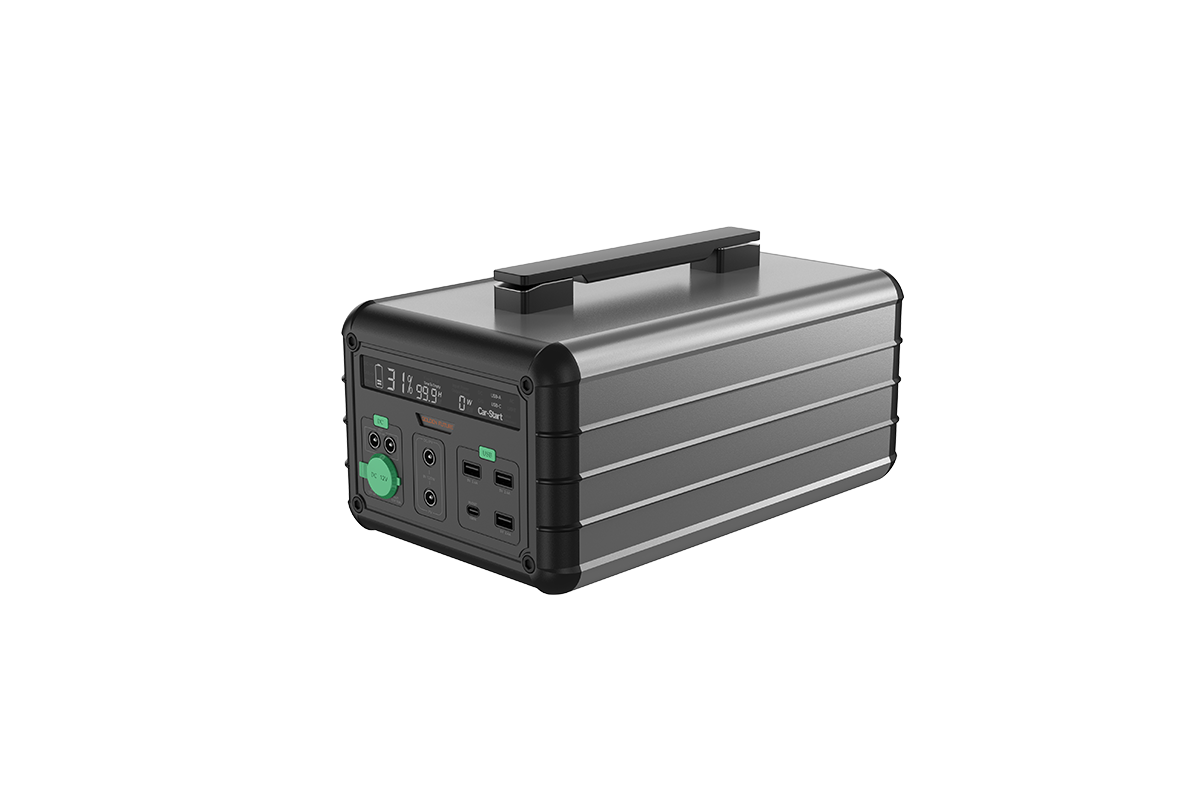

Time:2025-05-09 Views:1

Flow energy storage batteries, also known as redox flow batteries, have demonstrated remarkable quality characteristics that make them highly attractive for various energy storage applications. The overall quality of these batteries is determined by multiple factors, including component materials, manufacturing processes, and long - term performance.
In terms of component materials, high - quality flow batteries utilize advanced and durable materials. For instance, the electrodes are often made of materials with excellent electrochemical activity and corrosion resistance, such as carbon - based materials. These materials ensure efficient electron transfer during the charging and discharging processes, minimizing internal resistance and reducing energy losses. The electrolyte, a crucial component of flow batteries, is formulated with high - purity chemical substances. High - quality electrolytes offer good solubility, stability, and conductivity, which contribute to consistent battery performance over time.
Manufacturing processes play a vital role in determining the quality of flow energy storage batteries. Stringent quality control measures are implemented during production to ensure precise assembly and the absence of defects. Automated manufacturing techniques are increasingly being used to improve the repeatability and reliability of battery production. This includes accurate control of electrolyte flow rates, proper sealing of battery compartments to prevent leakage, and precise alignment of electrodes and membranes. Batteries produced under such controlled conditions are more likely to exhibit stable performance and a longer lifespan.
The long - term performance of flow energy storage batteries is a key indicator of their quality. These batteries are designed to withstand thousands of charge - discharge cycles with minimal degradation. High - quality flow batteries can maintain a high energy efficiency ratio, typically ranging from 70% to 85%, even after extensive use. Their ability to operate over a wide temperature range, from - 20°C to 50°C, without significant performance decline also attests to their robust quality. Additionally, flow batteries are less prone to thermal runaway compared to some other battery types, enhancing their safety and reliability.
However, the quality of flow energy storage batteries can also vary among different manufacturers. It is essential for consumers and industry users to choose products from reputable manufacturers that adhere to international quality standards and conduct comprehensive product testing. By ensuring high - quality flow batteries, users can benefit from reliable energy storage solutions for applications such as renewable energy integration, grid stabilization, and off - grid power supply.
Read recommendations: